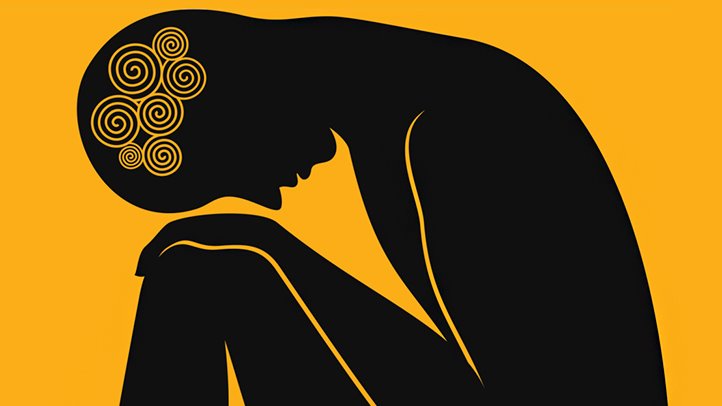Grief is a natural process of healing that takes place within us, guaranteeing a link to the deceased. It is a time of emotional and relational reorganization, both personal and social, which corresponds to the progressive withdrawal from the relationship. Also, helping a grieving loved one can be a source of worries and questions: what
Cultivating positive relationships is key to a happy life. Anger can be an isolating and destructive emotion, but it doesn’t have to be this way. Many people navigate their lives by the principle, “If you can’t say something nice…” This isn’t a bad motto but it shouldn’t be your only option when dealing with toxic
Relentless and powerful, like waves crashing against a break wall, grief can easily overwhelm us and disrupt our daily lives. Awash in pain we might withdraw from those that are closest to us for a multitude of reasons. Sometimes it makes sense to seek out a grief therapist and talk to a compassionate specialist. Here
Grief is the emotional response you feel when you lose someone or something that you loved. Grief Therapy is very helpful as Grief is often extremely painful, people who suffer from grief may also have to endure unwanted physical reactions such as loss of appetite and sleeplessness. The duration and intensity of the emotional and
Sometimes it is said that without a little sadness we can never truly understand happiness. When that sadness begins to stretch on for weeks, however, is when it becomes dangerous and turns into depression which requires depression counseling for treatment. While a couple of days of “the blues” is normal, extended periods of sadness or
Anxiety disorders are shockingly prevalent throughout Canada with an estimate of over 3 million Canadians reporting that they have anxiety disorders. Most of these Canadians sought anxiety therapy, although nearly 25% did not. As anxiety disorders become more commonplace in our society the stigma previously associated with therapy for anxiety is fading away. Reaching out






